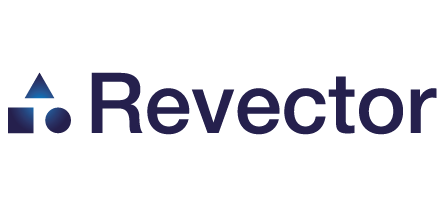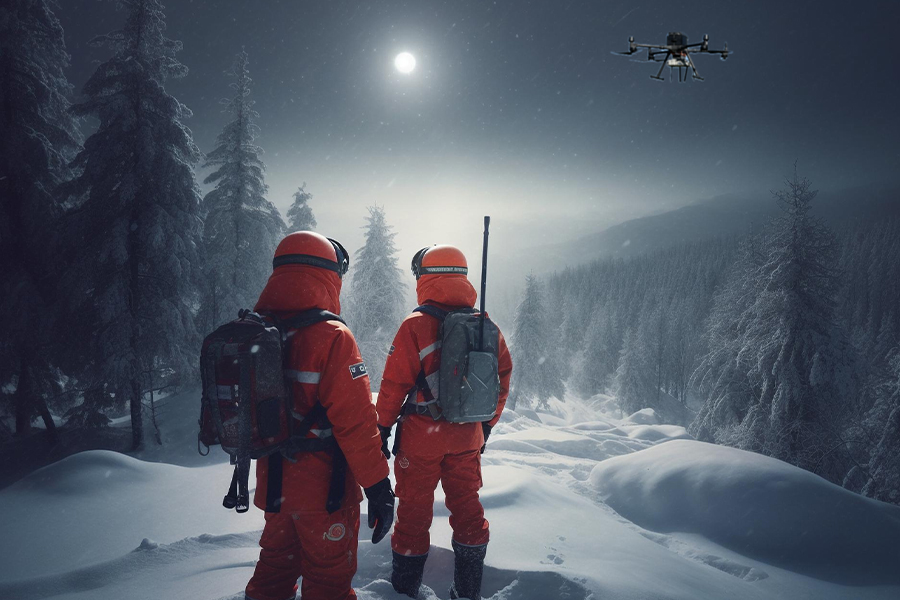The combination of more people spending time outdoors and improved technology is driving the increase in rescue calls. UK, Europe and North America have seen a significant uplift in hikers, ramblers, mountain bikers, campers, skiers, kayakers, etc. undertaking longer and more remote activities since the pandemic.
A US law enforcement office recently quoted in a state bulletin “I think technology has made people a little more careless. The thought process is, ‘I don’t need a lot of safety equipment because I’ve got my cell phone.’ ”
Well in some ways Revector aligns and supports that mindset with its cellphone location technology allowing rescue teams to either use UAV’s or to utilise an IMSI cellphone locator unit in a backpack to find lost and injured outdoor adventurers.
Search and Rescue is a resource intensive activity, often involving law enforcement, dedicated rescue teams as well as volunteer rescue organisations. Rescue operations can also be financially expensive when larger equipment is utilised like planes, helicopters, boats, vehicles, etc.
States in North America are starting to charge individuals who get lost or injured in their jurisdiction to claw back some of the costs incurred in rescues. Smaller states and counties find it challenging to find rescue organisations, Utah’s Grand County for example is home to some of America’s busiest and popular national parks, including Arches National Park, Moab, and Canyonlands National Park, the burden to fund the rescue operations of visitors to the county on the county’s meagre population of just 9,500 would be unjust. The network of volunteer organisations assist and dilute the cost, but it can also put unnecessary risk on these volunteers.
A UAV mounted with a Revector Detector Cellphone Locator can be in the air in minutes and undertake long distance reconnaissance flights and operations to identify and locate individuals in remote and possibly inaccessible areas extremely quickly. Such equipment can be used by two, or three rescue resources to identify and manage the system and locate victims.
Once located, victims can be ascertained for injuries and health status through voice and sms communications, ground rescue teams, vehicles and even helicopters can be guided to the site without needless time in the air or needlessly deployed in the wrong areas.
In more contained areas such as ski resorts, smaller national parks, etc., backpack cellphone locators can be used by ground rescue teams to identify and locate individuals lost, injured or involved in avalanches, floods, etc.
Revector Detector Cellphone Locators are not an insignificant investment, but such costs could be easily recouped in the costs of avoiding utilising unnecessary equipment and resource in rescue operations.
Revector recognise the tremendous efforts and sacrifices such voluntary rescue organisations undertake on a regular basis and are open to offering Revector’s products on a product as a service (PaaS) option for Search and Rescue operations where products can be utilised without large upfront CAPEX payments.


